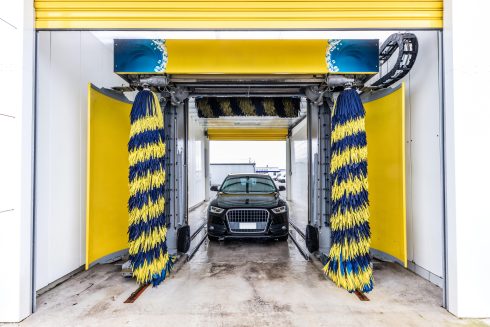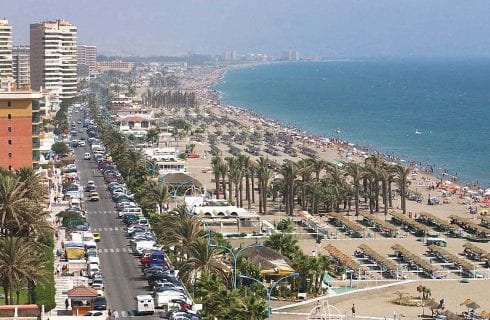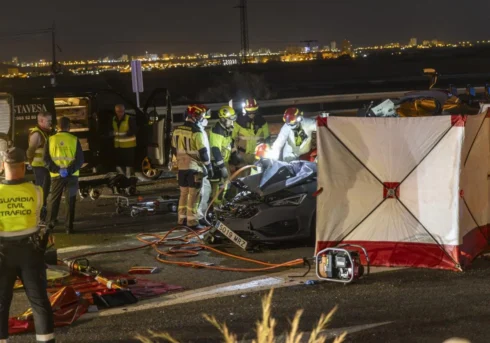LOVERS of Iberian ham have been warned by the Guardia Civil to ensure they are getting the real deal.
Its unmistakable flavour and its history makes it a popular treat over the Christmas and New Year.
The Guardia has sounded an alarm to make sure consumers are not being conned and that quality standards are being met.
READ MORE:
- Ham heist heartbreak: €200,000 worth of Jamon Iberico stolen in Spain’s Huelva
- ‘Tourists go HAM!’ Moment a ‘jamon’ museum in Spain pokes fun at ‘anti-tourism’ movement
- 300 legs of jamon nicked from back of truck while driver took a siesta on Spain’s Costa del Sol

Buyers should be aware of key details to make sure they are getting the genuine product.
It is vital to pay attention to the colours of labels and seals.
A Guardia Civil spokesperson from their Seprona environmental unit said: “The seal colours are defined by law with black indicating that the ham is 100% Iberian, while red equates to the Iberian acorn-fed ham (not necessarily of the 100% Iberian breed).”
“Green identifies the Iberian cebo de campo ham and white represents the Iberian cebo ham.”
Another thing to look for is the certification seal that corresponds to its label.
This seal ensures that the ham has undergone quality controls and complies with the regulations established for its category.
The Guardia emphasizes the importance to only buy Iberian hams from trusted retailers like supermarkets, markets or specialised stores.
Buying makeshift flea markets or even from the boot of a car, can involve not only a risk of fraud, but also doubts about the healthy state of the product.
Customers are also warned to be very wary of cut price offers.
“You have to be very careful with bargains,” said the Guardia as price is an important indicator of the quality of the ham and its authenticity.
A recent study by the OCU consumer organisation said that choosing a ham that has already been sliced can cost up to twice as much as buying it whole.
The price of sliced ham reaches €65 per kilo, while a whole piece, already clean and boneless, costs around €37 per kilo.
Getting a whole ham also allows buyers to check that it is genuine.








